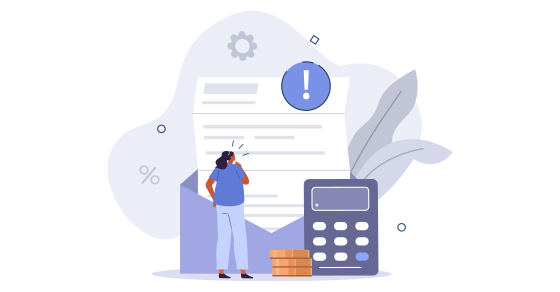Irresponsible taxpayer Failed to Report $1.4 Million in Fishing Income
A Connecticut commercial fisherman has admitted to evading taxes on over $1.4 million in income earned across a decade. This case highlights the critical importance of complying with federal tax laws and the significant consequences of failing to do so.
The Scheme to Evade Taxes
The irresponsible taxpayer, a commercial fisherman based in Connecticut, earned substantial income between 2011 and 2021. He worked as a deckhand for fishing companies in Massachusetts, receiving payments by check after each trip. Instead of reporting this income, he cashed the checks and used the funds to support his lifestyle, deliberately avoiding federal tax obligations.
During the years in question, he failed to file federal tax returns or pay the taxes owed on his income. This prolonged evasion resulted in a tax loss of approximately $377,839.90 to the IRS.
How the Fraud Was Uncovered
IRS Criminal Investigation identified the discrepancies through meticulous analysis of the irresponsible taxpayer’s financial activities. By tracing the cashed checks and unfiled tax returns, investigators were able to build a case demonstrating deliberate evasion.
The irresponsible taxpayer’s actions not only deprived the federal government of significant tax revenue but also highlighted the risks associated with noncompliance.
Legal Consequences and Sentencing
The fisherman has pleaded guilty to tax evasion and faces a maximum sentence of five years in prison. Beyond imprisonment, he could face:
- Supervised Release
- Restitution to the IRS for the unpaid taxes
- Monetary Penalties
The final sentencing will be determined by a federal district court judge, who will consider the U.S. Sentencing Guidelines and other statutory factors.
Broader Implications
This case serves as a reminder that the IRS actively pursues tax evasion cases. No profession or income source is exempt from the obligation to file accurate tax returns. Even cash transactions, often perceived as less traceable, can be tracked and investigated.
For individuals in industries with irregular or cash-based income, maintaining proper records and ensuring compliance with tax laws is vital. Tax evasion might seem like an immediate financial gain, but the long-term consequences far outweigh any short-term benefits.
IRS and Justice Department’s Role
This prosecution underscores the collaborative efforts of the IRS Criminal Investigation unit and the Department of Justice in holding individuals accountable for tax violations. Both agencies have emphasized their commitment to combating tax fraud and safeguarding the integrity of the tax system.
Lessons from the Case
Tax compliance is not optional. This case sends a strong message to individuals who might consider skirting their tax obligations. Whether intentional or due to neglect, failing to pay taxes leads to severe legal and financial repercussions.
As a professional – Revolutionize your tax workflow with our complete suite of tools: onboarding links, initial interviews, compliance planning, calendars, messaging, task management, and TaxMan for advanced tax research. Please sign up. Our resource directory also offers valuable links to assist in managing various financial and legal aspects of a business or individual.








